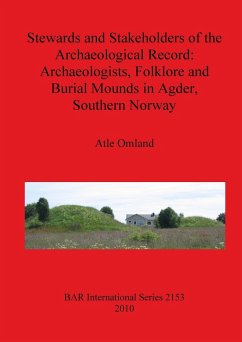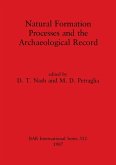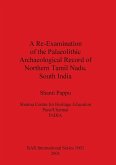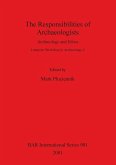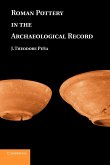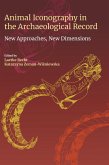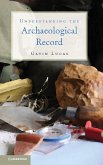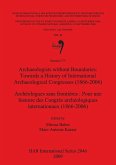The main objective of this book is to discuss parts of the later life histories of burial mounds by studying local interests in them through folklore, but also disturbances and reuses of them. To this end, this study discusses folklore about burial mounds in the two Norwegian southern counties of Agder. These mounds were constructed as the burial places for the dead, in Norway built with a changing frequency during the Bronze Age and the Iron Age (c.1800 BC-AD 1050). These narratives, told by those people who have lived in their vicinity, document a local interest in the monuments, but also question who are the stakeholders and who should be the stewards of the archaeological record. These issues are discussed by scrutinizing the following three main topics: 1. Discussion: of selected parts of the later life histories of burial mounds, mainly during the nineteenth and twentieth centuries, confined to oral narratives and folkbeliefs about them, but also their disturbance. 2. Reflexivity: attaining knowledge on how archaeologists - but also other scholars - have viewed and responded to the discussion of life histories of archaeological monuments, mainly from the establishment of archaeology as an academic discipline around 1840 and until around the year 2000. 3. Indigenization: considering to what extent the interests of non-archaeologists should be included by archaeologists and in heritage management, which has also been termed ethnocritical archaeology.
Hinweis: Dieser Artikel kann nur an eine deutsche Lieferadresse ausgeliefert werden.
Hinweis: Dieser Artikel kann nur an eine deutsche Lieferadresse ausgeliefert werden.

